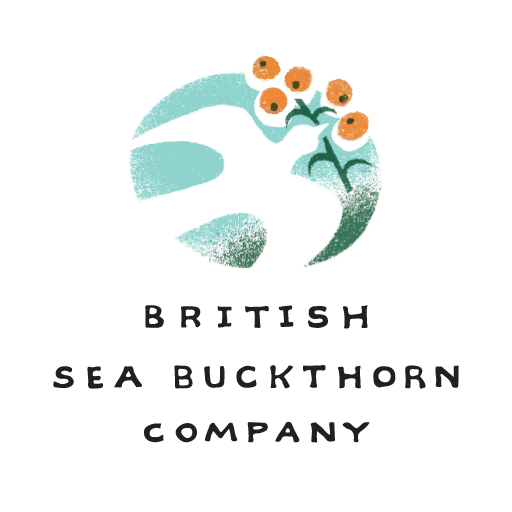The night of November 13th in Paris is not something that last week I would have added to my blog. Having paused for 2 minutes silent reflection at 11am just two days before to think on the loss of life to war and maybe how little we have learnt since 1918, it seems shocking to be considering now the waste of so many lives and the sadness of what draws the perpetrators of such events to create such grief. In a time of great global economics, maybe these events are the price that we have to bear as life becomes more dehumanised and the split between rich and poor becomes politicised.
Change is something that is happening all the time. Last weekend Ben, who is currently studying at post graduate level said that the future of farming will be looking to robotics and will not be farming as we know it. This is repeated in the current edition of the Fruit Grower with a photograph of a Bosch built robot that analyses and weeds crops. Robotics are not just about a transition to a low staff level in agriculture, they are about improving quality, reducing costs and being competitive.
Quality and value has recently been reflected in another study this week coming out from Euromonitor International. It recognises the growth in the Health and Wellbeing market across the world. The continued press regarding obesity, diabetes; the trials of NHS budgets; the war on sugar by the government, in Uk terms all start to make a healthier diet look like something that consumers should and are driving themselves. Consumers are moving away from unhealthy and adulterated foods particularly at breakfast time – although i wonder whether this is also about changes in eating habits. Healthy foods are outstriping fortified and functional foods – naturally healthy presented with a clean understandable label possibly gaining more trust from consumers. Interestingly organic food out performs even the naturally healthy. This is a global phenomenon but if one combines organic and naturally healthy it must say a lot about how consumers are thinking. Add to this the growth in free from and intolerance based foods and the food industry is moving towards a health conscious consumer.
Where does that leave sea buckthorn? They are certainly natural and healthy. The fresh berry market, according to Kantar Worldpanel has grown 31% in the last year exceeding a record £1 billion. This from £600m just five years ago. These are mainstream fruits – strawberries, raspberries, blueberries and blackberries. These fruits are intensively farmed and have significant marketing budgets behind them. They are promoted as an ideal snack with renown health benefits.
We went to Germany this September to see sea buckthorn mechanical harvesting and processing in action. The internet is seeing a huge rise in sea buckthorn related interest. The fruit has an exceptional nutritional profile that excels these other mainstream fruits. 2016 will be our first true harvest with fresh fruit available for the UK market. Visits to food fairs keep showing there is significant demand for sea buckthorn as a new and innovative ingredient. – investment takes time to bring reward but 2016 will bring on our year of change. Let us hope 2016 will also be a year where peace and goodwill can start to erode some of the on-going tragedies in the world today.
